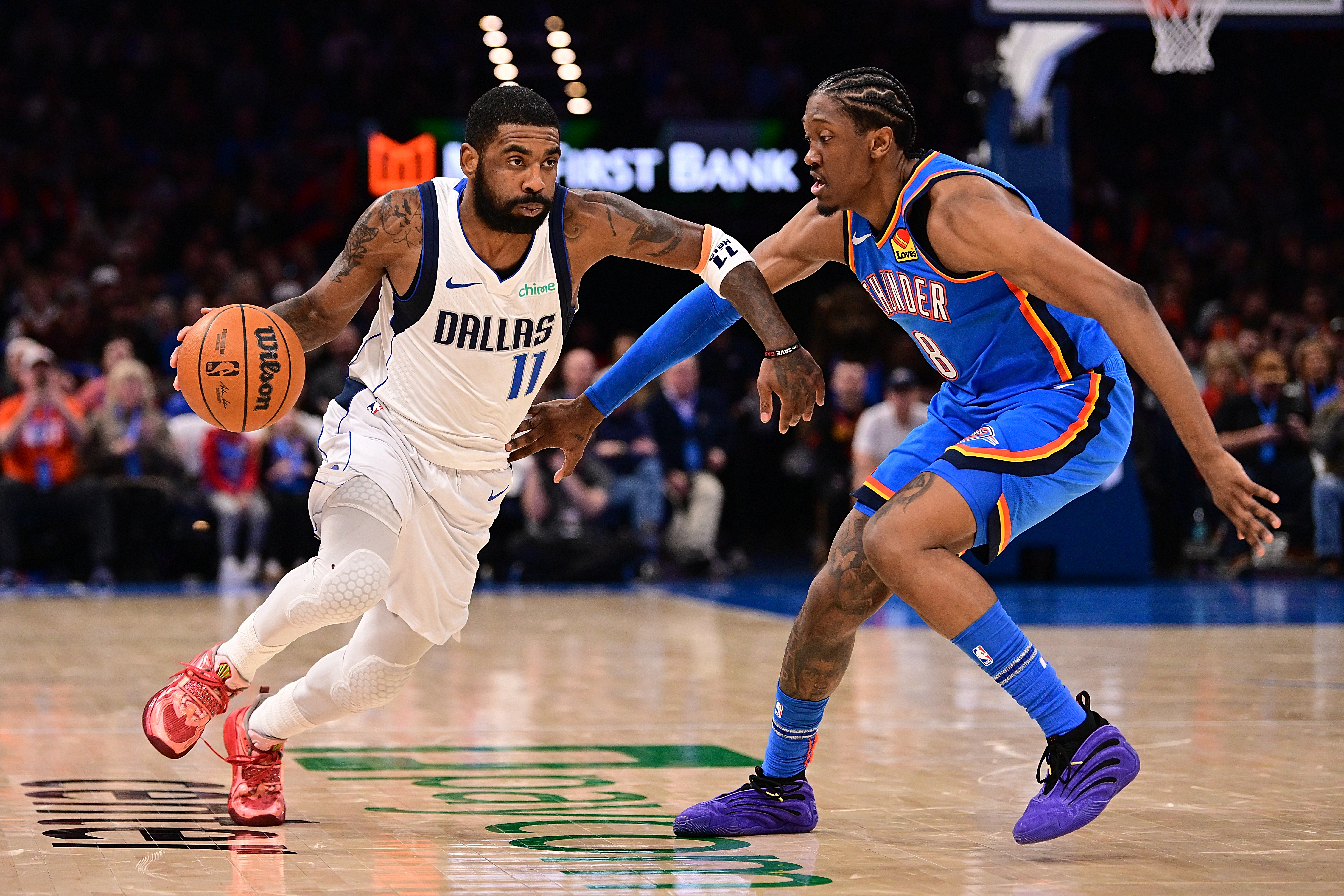
Mar 18, 2023; Duluth, GA, USA
Making TikTok videos for fun evolved into a serious moneymaking venture for Nebraska track athlete Jess Gardner, who is among the many social media stars in college sports.
A comical video of her teaching a football player how to pole vault has been viewed nearly 4 million times, though the majority of her self-described “girly girl” content features her lip-syncing or performing skits while dressed in her track uniform, sweat clothes or stylish outfits. Pretty common stuff for social media influencers.
The number of Gardner’s TikTok followers has climbed to nearly 210,000 over the past four months — in addition to her 115,000 on Instagram — and with that has come something else: Gardner has become mindful of staying safe because of the possibility of an overzealous fan becoming menacing; she said eight of every 10 of her followers are male.
As has been the case with other female athletes who are monetizing their social media followings, it’s typical for her looks to be the subject of comments on her videos, comments that can range from genuinely complimentary to inappropriate — or worse.
Get top local stories in DFW delivered to you every morning. Sign up for NBC DFW's News Headlines newsletter.
“As a woman, thinking in the future, if I had a son and they were commenting those kinds of things on a young girl’s video, I would be ashamed of my son,” Gardner said. “Not all the comments are like that. Don’t get me wrong. There are a lot of very nice people who follow me, a lot of very nice comments.
“But some of the ones that are more alarming, like I just think, what is going on in your life? I can’t take it personal,” she said. “I have to understand their perception of me is a reflection of their experiences and their life and that type of stuff. What happened or what’s going on that you see a video of me in a winter coat and that’s where your mind is going?”
LSU gymnast Olivia Dunne, who has 11 million TikTok and Instagram followers, was in the headlines earlier this year when a swarm of boys and young men showed up at a meet in Utah. They at one point formed a gauntlet outside the arena. Dunne later asked her fans to show respect for her and her teammates, and the incident prompted LSU to assign security personnel to travel with the team.
Sports Connection
Connecting you to your favorite North Texas sports teams as well as sports news around the globe.
John Muffler of Florida-based Aequitas Global Security said athletes who have experienced sudden popularity as influencers must understand they are at risk of attracting followers with nefarious intentions. Muffler, a retired U.S. Marshals Service chief inspector, specializes in risk mitigation and threat assessment and has written about problems influencers can encounter.
As with all influencers, Muffler said, college athletes with rising public profiles need to be aware of their surroundings and never post anything that would offer a clue about their location.
Muffler discourages sending direct messages to followers the influencer does not know and urges caution in general replies to comments. Something as innocent as a smiley face emoji could trigger what’s known as a parasocial relationship, meaning the follower imagines he or she knows or is friends with the influencer.
“Most people are going to be fine and normal about following you,” Muffler said, “but it can be perceived as an invitation to others — and those are the ones you need to worry about. They’re the ones that show up in your lab class or outside your dorm.”
Hanna Cavinder, who along with sister and fellow Miami basketball player Haley are among the top college athlete influencers by any measure, said she lives a more private life than most would assume given the twins’ prolific and lucrative use of social media.
“People will always question, ‘Well, why don’t you post your teammates more on TikTok? Or why aren’t you posting your sisters more or your family and stuff?’” she added. “And this is why — I don’t want them to deal with stuff that we’ve had to learn and grow and adapt to, like hate comments and stuff like that. That took a while to get used to, people just talking down on you for no reason.”
Gardner said she started making TikToks last year with her roommate and they were surprised at how many views they generated. With college athletes now able to cash in on their celebrity, Gardner began looking for ways to monetize them and now partners with about 15 brands, most of them catering to women.
Her potential annual earnings from the effort are projected to be $111,000, which ranks No. 3 among Division I female track athletes, according to On3.com.
Gardner said she has received handwritten letters signed by men — one contained jokers from a deck of cards — and thrown them away. She had heard about the Dunne situation in Utah but didn’t give it much thought until a teammate told her a group of males was looking for her during an indoor meet in Lincoln.
“That kind of stuff ... is definitely scary,” she said during an interview in Nebraska’s indoor track facility. “As you can see in this building, we’re a little less separated than the basketball or football or volleyball team would be at a game. The stands are right there. That was definitely unsettling.”
Gardner said she spoke with her coaches and people in the athletic department who said they were aware of her large social media following and assured her security measures were in place to keep her safe.
University spokeswoman Leslie Reed said campus police have not seen an increase in athlete security concerns directly attributable to social media prominence.
“We have always had high-profile athletes on the University of Nebraska-Lincoln campus and we address issues as they arise,” Reed said in a statement.
___
AP Basketball Writer Tim Reynolds contributed to this report.



